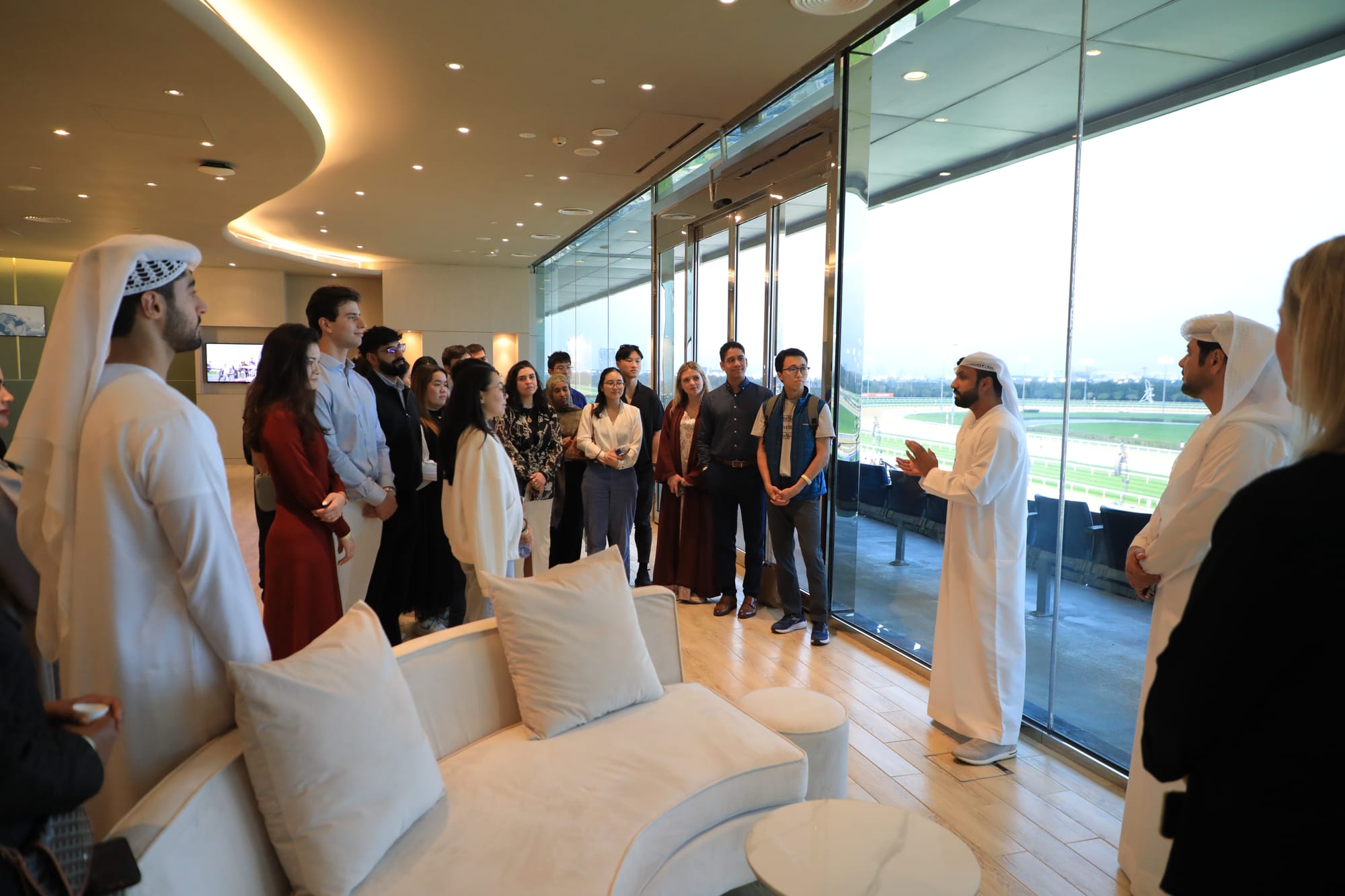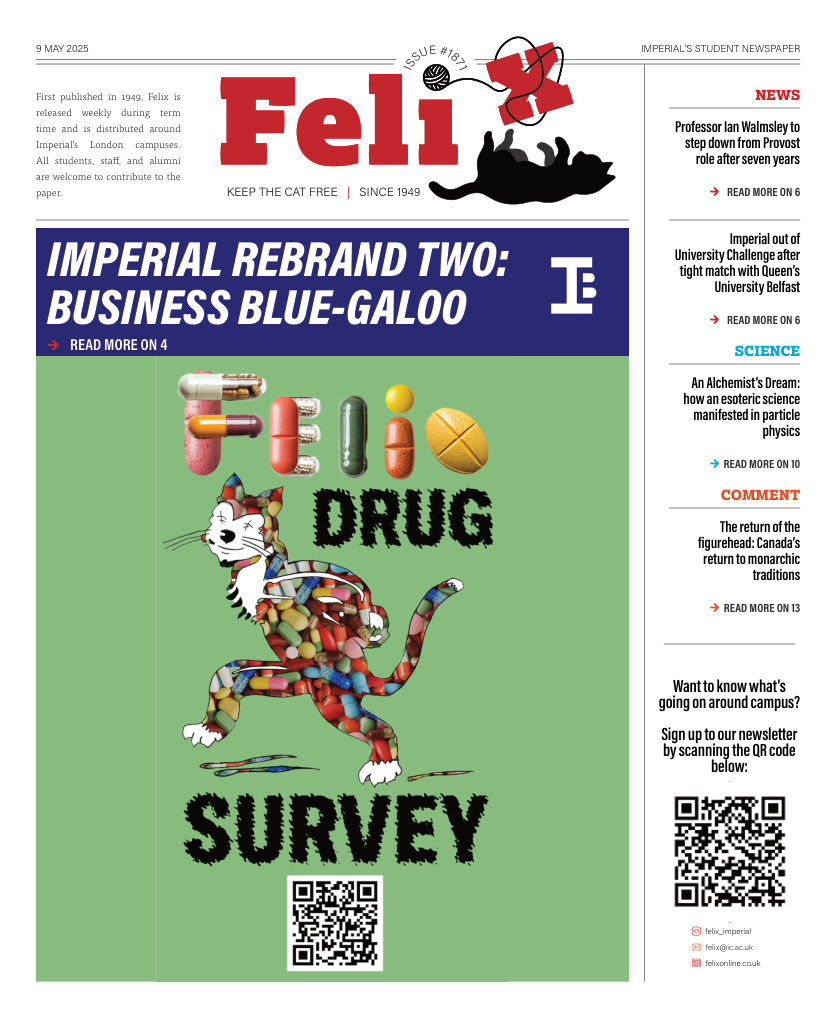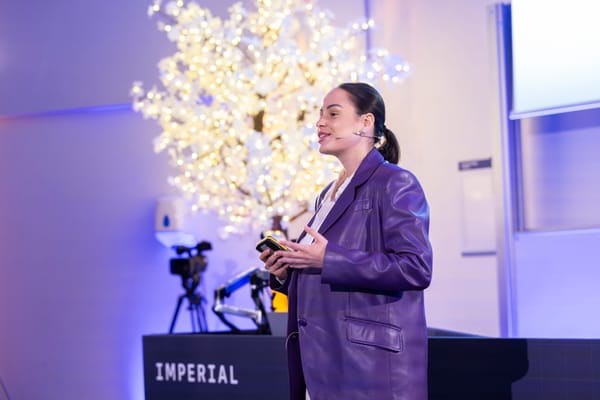Dubai Business Associates Interview with Mr. Rami Tawfiq
Not long ago, I had the distinct pleasure of speaking with Mr. Rami Tawfiq, Director of the Dubai Business Associates (DBA) programme, while DBA was recruiting at Imperial. Since its inception in 2014 under the patronage of His Highness Sheikh Mohammed bin Rashid Al Maktoum, DBA has recruited and trained 316 exceptional graduates from around the world, preparing them to work in Dubai and the wider United Arab Emirates (UAE).

According to Mr. Tawfiq, the main goal of the 9-month programme is to create “global ambassadors” who gain a nuanced understanding of Dubai and the UAE, and the wider world through cultural exchange and collaboration with an international talent pool.
The DBA is a fully funded programme that offers 28 graduates each year (last year’s participants came from over 22 nationalities) the opportunity to study and work in Dubai. Associates engage in work placements with leading Dubai companies, take on consulting projects, and participate in a wide range of intercultural activities. To deepen cultural integration, the programme also includes several Emirati participants who join partway through the experience. Previous work placements have included industry leaders such as Emirates, dnata, and the Dubai International Financial Centre (DIFC). After six months of work experience, participants then complete a capstone project lasting three months, where they apply their skills to a local company as consultants.
When asked what truly sets DBA apart from other international business programmes, such as an MBA, Mr. Tawfiq emphasised its holistic approach. “It is a practical, immersive, and project-based learning journey, blending professional and personal development,” he said, contrasting it with more traditionally academic programmes. Participants are exposed to a range of opportunities through diverse work placements. These experiences go beyond those of a typical internship. According to Mr. Tawfiq, DBA carves out a unique space by providing both academic study and real-world professional experience.
Although DBA does not guarantee a job placement at the end of the programme, Mr. Tawfiq noted, “Last year, on average, about 75% of the cohort chose to stay in Dubai,” citing the strength of the local labor market. He emphasised that the numbers speak for themselves when it comes to DBA opening doors for its graduates across the region.
That said, not all graduates choose to stay. In addition to the many who go on to roles at top consulting and finance firms (think McKinsey, Goldman Sachs, or Amazon), some take less conventional paths. One graduate went on to work for former First Lady Jill Biden, while another from the 2016 cohort is now a venture capitalist and tech investor who employs over 200 people and plays an active role in managing UAE–China business relations. "Associates often talk about the personal development they enjoyed and benefited from, such as stretching out of their comfort zones and becoming more comfortable pitching a business idea or meeting senior stakeholders,” Mr. Tawfiq offered, when explaining what he believes to be part of the ongoing success of DBA graduates.
For the student who has never considered Dubai as a place to work, I asked Mr. Tawfiq to explain why and offer his pitch: “If you want to work in a dynamic, fast-growing multicultural environment, if you want to work alongside a very strong talent pool, if you want to have unmatched professional and cultural exposure, [then Dubai is the place for you].” And specifically for those students interested in start-ups, he added, “Dubai offers a very strong business foundation, and you can develop your business idea in a tax-free, innovation-driven economy.”

Unfortunately, DBA cannot accept all the talented applicants it receives. This year alone, the programme received approximately 6,600 applications for just 28 places—an acceptance rate of less than half a percent. The application process begins with a CV, cover letter, and a short 90-second video. Applicants who make it past this initial stage then go through two rounds of interviews, where they are assessed on personality, leadership potential, and relevant skills.
I ended the interview by asking Mr. Tawfiq what applicants can do to stand out amid such overwhelming odds. He emphasised the importance of preparation and mindset, noting that they look for candidates who have done their research and can clearly articulate why they want to be in Dubai. “We are looking for people who focus on what they bring to the programme. It's not just about what they want to get out of it,” he explained. He also highlighted the importance of authenticity, especially in the application video: “Show who you really are. Tell a good story.”










